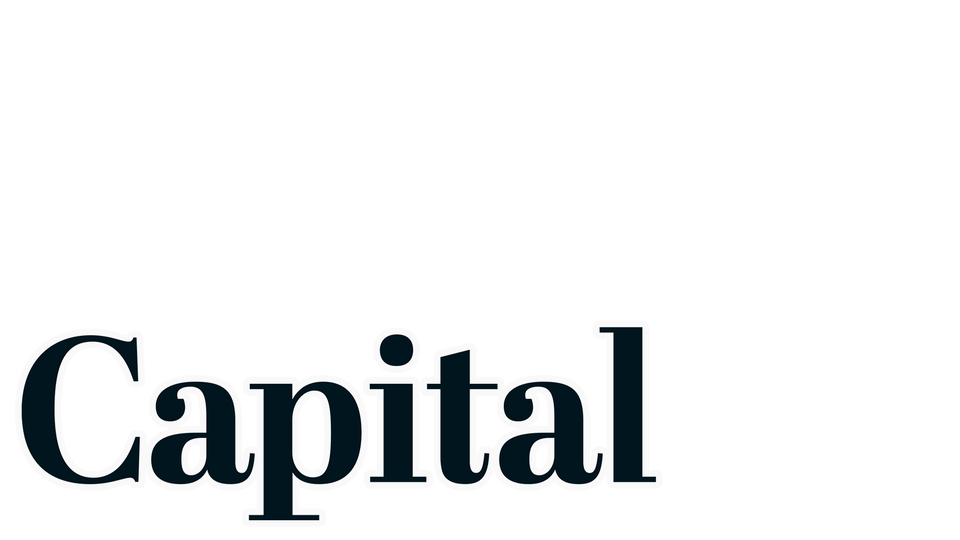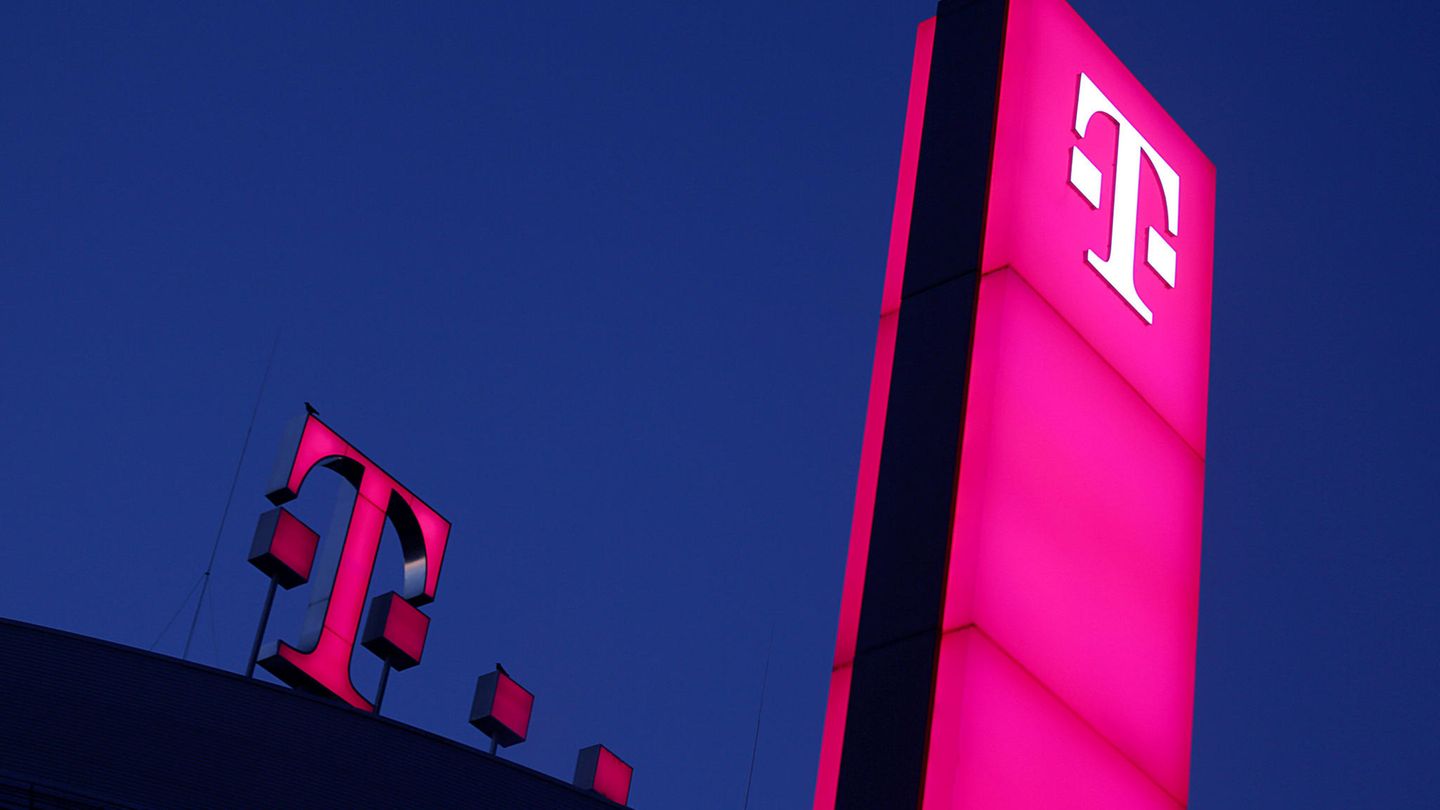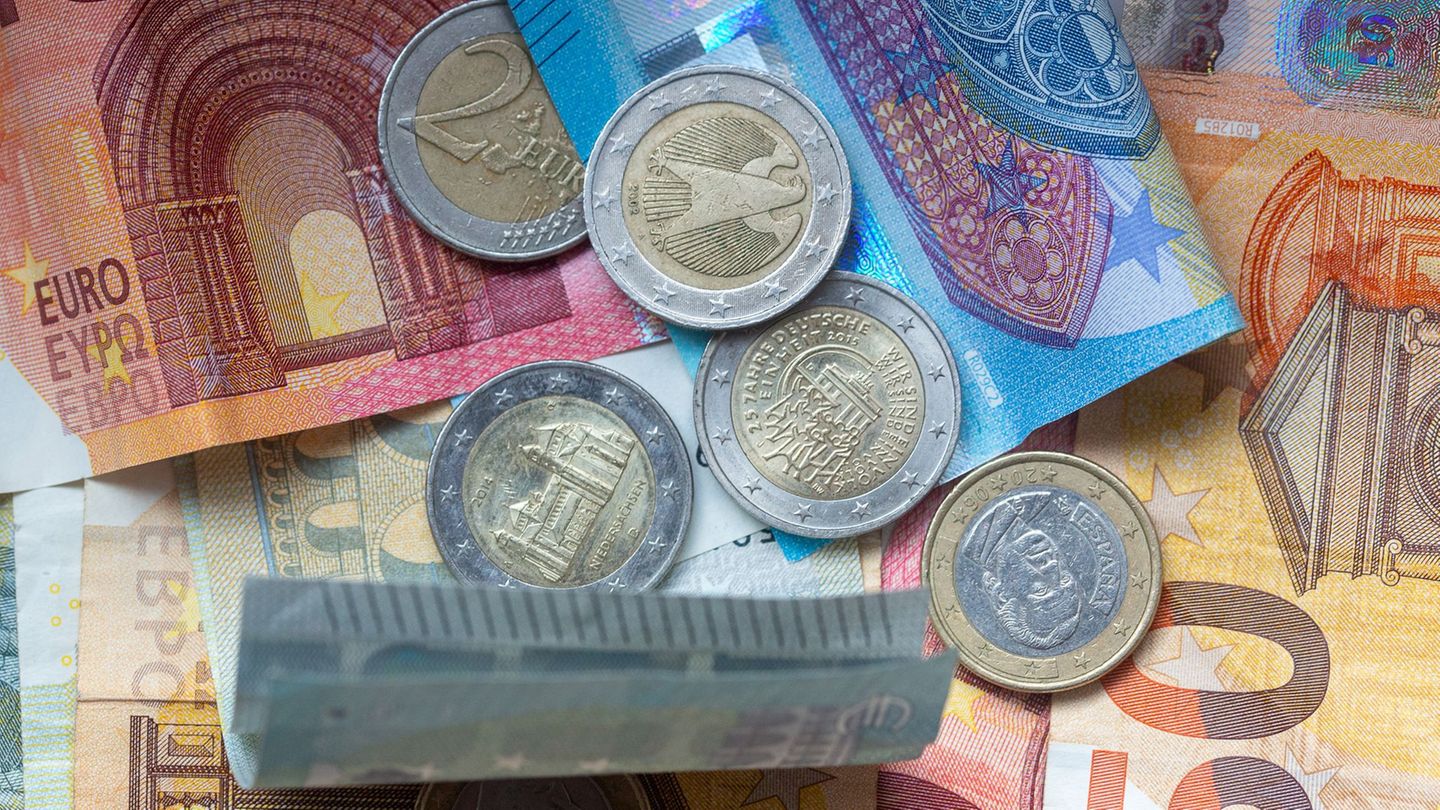analysis
Telekom is cushioning the impact of a partial exit by the federal government by increasing share buybacks. However, the indirect transfer of Telekom’s equity to Deutsche Bahn is a bad deal in the long term.

This is original content from the Capital brand. This article will be available for ten days on stern.de. After that, you will find it exclusively on capital.de. Capital, like the star to RTL Germany.
When the highly deficit-ridden Deutsche Bundespost became the Postbank and the two stock exchange companies Deutsche Telekom and Deutsche Post in the 1990s, it was in keeping with the spirit of the times. The promise was that privatization would make everything better. But even then, it was simply about the federal budget, from which billions had to be paid to the Bundespost every year. The proceeds from privatization were supposed to help the federal government to cover the enormous burden of paying retired Bundespost officials.
Today, when the last postal workers are approaching retirement age, there is no longer any talk of privatization as a panacea. However, the primacy of the federal budget remains. If there is a lack of money, as was the case at the beginning of the year, postal or now telecom shares are thrown onto the market and placed with large investors in a way that protects the price. In view of the self-imposed budgetary constraints (“black zero”), there is always a justification; in the case of the telecom package that has now been sold, it is the urgently needed restructuring of the railway.
110 million Telekom shares
The proceeds from the sale of 110 million Telekom shares worth 2.43 billion euros are to be used for this purpose. At first glance, the implementation by KfW was very smart: Because Telekom ramped up its share buyback program in the course of the placement, the federal government was able to exit with relatively little impact on the share price.
According to UBS Bank, speculation about the sale of shares by the federal government had recently weighed on Telekom’s share price. This potential oversupply has now been eliminated, according to a study by the major Swiss bank. It recommends buying the share with a twelve-month price target of EUR 27.60, which corresponds to a premium of around 24 percent on the current price of EUR 22.22. The Reuters consensus median is currently EUR 26.13.
The UBS analysts write: “We view Deutsche Telekom as a cheap defensive quality share with a price-earnings ratio of 12.5 and more than ten percent annual growth in earnings per share and six percent return for shareholders.” The experts also expect a dividend yield of 3.8 percent, which will grow by double digits, and more than two billion euros per year in share buybacks.
Signs of helplessness
Share buybacks are also generally a good deal for shareholders. First of all, the purchases support the share price or even drive it up. In addition, earnings per share increase when the group profit has to be distributed across fewer shares. As a reminder: share prices are essentially discounted future earnings per share. If there are fewer shares, the dividend payout per share can also increase more and the company has to make less effort to generate more profit through growth and still build a reputation as a dividend aristocrat.
But this is precisely where the catch lies with the federal government’s share sale. When a company distributes equity to its shareholders, it is always a sign of helplessness. The management either lacks the strategic imagination to develop the company further, or it pragmatically admits that its business model is highly profitable but does not allow for further growth.
There is another critical factor at Telekom. The company is still heavily indebted. The debt-to-equity ratio is almost 250 percent and Telekom earns just 1.7 times its interest expenses. This is significantly worse than the industry average. Here, the debt-to-equity ratio is just under 90 percent and the so-called interest coverage ratio is 5.3.
According to the LSEG database, Telekom has 125 bonds outstanding for around 96 billion euros. Many of these will mature in the next few years. In 2025, this will be 5.5 billion euros, and in 2028, even 10.7 billion euros. Telekom will have to pay higher interest on many of its bonds when refinancing, which will reduce the company’s profitability. Surplus capital could therefore be used to repay debt and thus lay the foundation for long-term profitability. Technically, this is easily possible by Telekom buying back its own bonds on the market.
Debt would be cheaper
But the supposedly smart move to place Telekom is a rather mediocre deal not only for shareholders, but also for the citizens of Germany. They can now hope for a better track. But that comes at a very high price. A simple calculation shows this: the current placement volume of 2.43 billion euros, with a dividend yield of 3.8 percent, brings a dividend payout of 92.34 million euros every year.
From Galeria to Gigaset
Esprit is bankrupt: These well-known companies have filed for bankruptcy
If, however, the federal government were to borrow the same amount on the capital market for 30 years, it would only have to pay 65.61 million euros for this term at a current return of 2.7 percent. That is 26.73 million euros in additional costs per year – without taking taxes into account – or 267 million euros in ten years.
The possible argument that new debts would be burdened on future generations is irrelevant in this case. Firstly, the federal government would have received the interest payments on the debt later and would also have received the dividend from the current distributions. In addition, the debts would have been secured with Telekom shares, so that the federal government’s net asset position would remain unchanged.
Source: Stern




